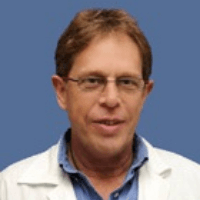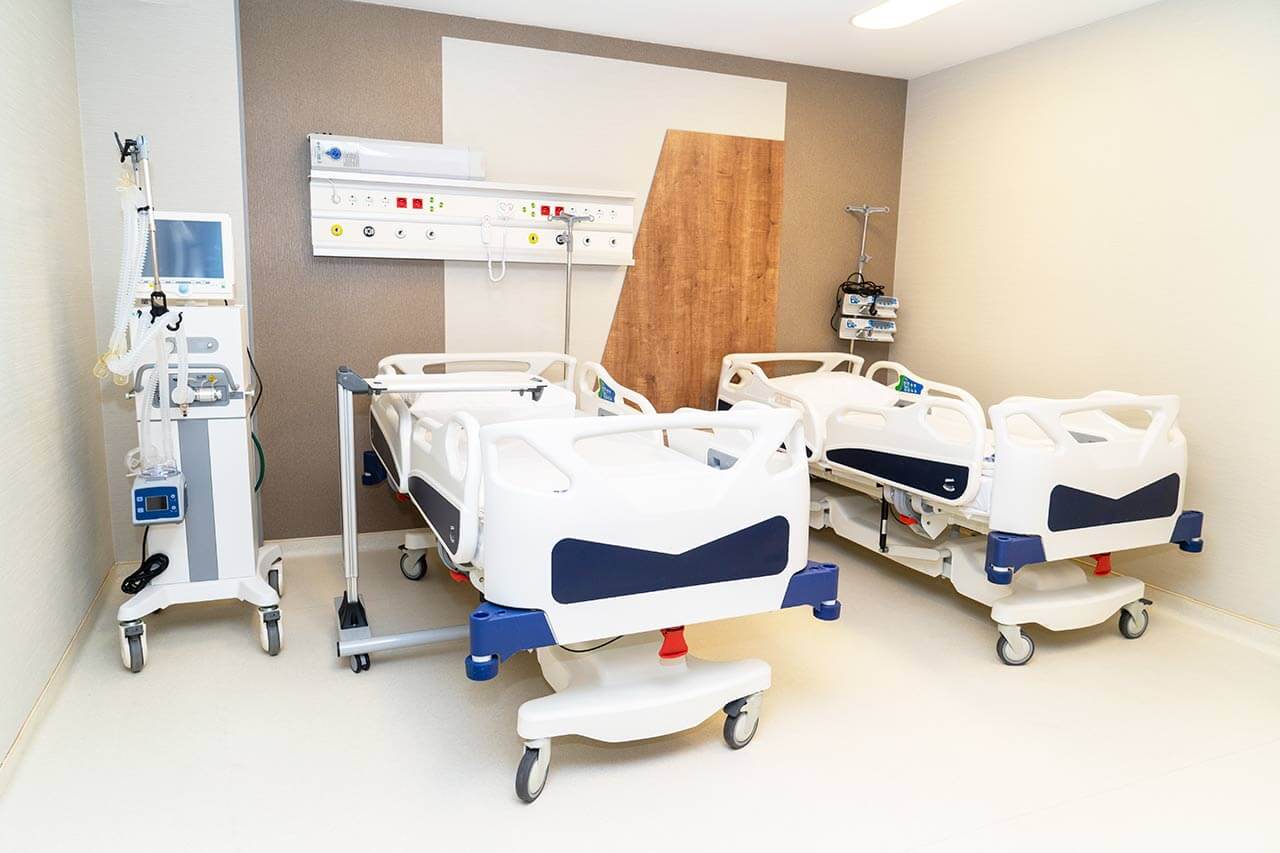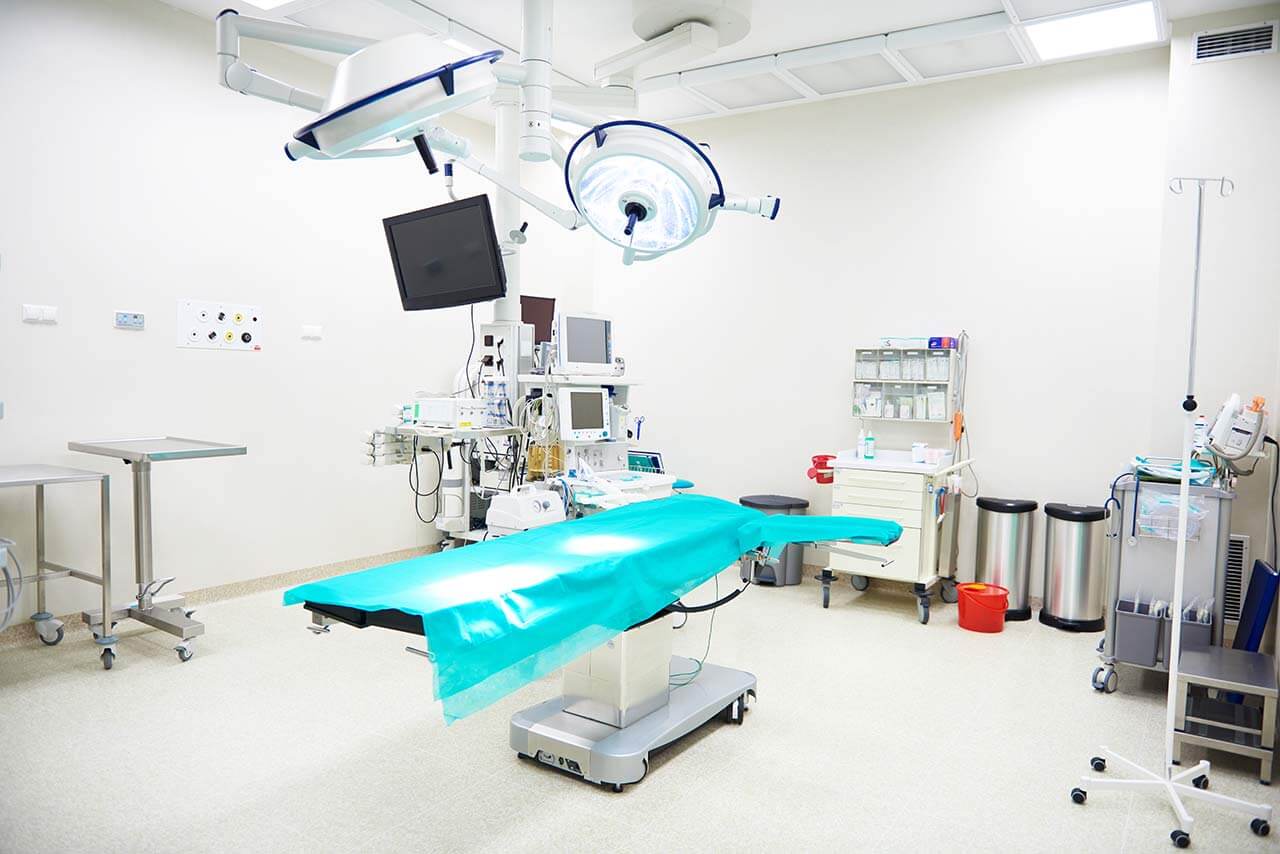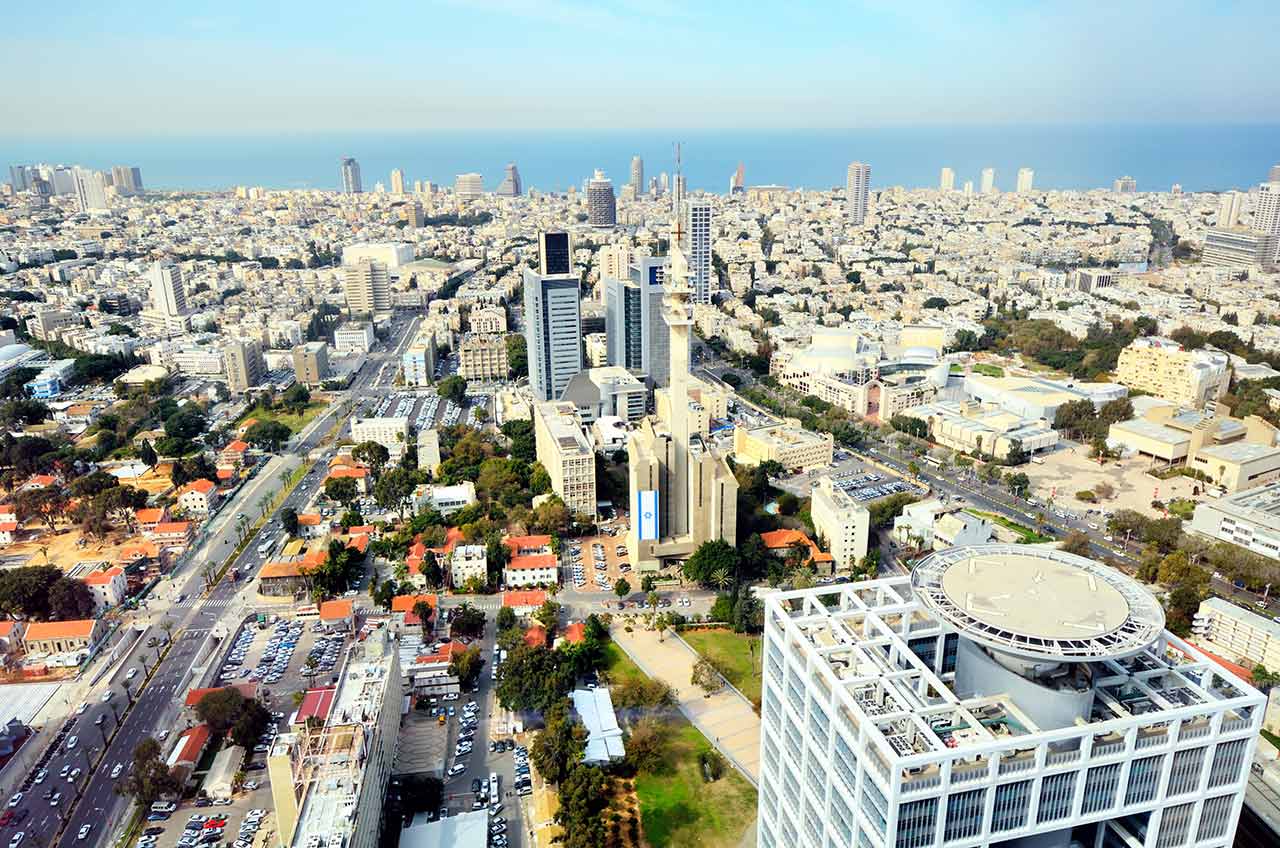
The program includes:
- Initial presentation in the clinic
- clinical history taking
- review of medical records
- physical examination
- laboratory tests:
- complete blood count
- general urine analysis
- biochemical analysis of blood
- inflammation indicators (CRP, ESR)
- TSH, fT3, fT4
- L-Dopa-Test
- indicators of blood coagulation
- neurological examination
- CT/MRI scan
- neuropsychological tests (if indicated):
- ENMG (electroneuromyography)
- EEG (electroencephalography)
- SEPs (somatosensory evoked potentials)
- VEPs (visually evoked potentials)
- BAEP tests (brainstem auditory evoked potentials)
- stationary EEG monitoring
- preoperative care
- surgical treatment of Parkinson's disease with deep brain stimulation and implantation of
neurostimulator (including the cost of neurostimulator) - 1-day intensive care unit stay
- postoperative MRI control
- symptomatic treatment
- control examinations
- the cost of essential medicines and materials
- nursing services
- full hospital accommodation
- developing of further guidance
How program is carried out
During the first visit, the physician will conduct a clinical examination and neurological examination, and go through the results of the available diagnostic tests. After that, you will undergo the necessary additional examination, such as the laboratory blood and urine tests, MRI or CT scan. Based on the results of an additional examination, the physician will clarify the localization of foci of pathological electrical activity in the brain. After that, the preparation according to the preoperative standard will begin.
The first stage of treatment is the implantation of stimulating electrodes into the brain. The operation is performed under local anesthesia, through a small opening in the skull. You will be awake and communicating with your surgeon, so that he will be able to assess the correctness of the brain electrodes placement.
The second stage of treatment is the implantation of a neurostimulator, which will generate electrical impulses that regulate the work of the brain. Depending on the anatomical peculiarities, the surgeon will place the neurostimulator under the collarbone or in the abdomen and attach the brain electrodes to it. Typically, this operation is performed under general anesthesia.
After the completion of the operation, you will stay in the intensive care unit, under the round-the-clock supervision of physicians and nurses. When the condition becomes stable, you will be transferred to a regular ward.
Your physician will evaluate the results of the postoperative MRI and program the neurostimulator according to your individual needs. You will be able to turn the device on and off yourself. After setting up the neurostimulator, the attending physician will schedule the date of discharge from the hospital and give you detailed recommendations for further follow-up and treatment.
Required documents
- Medical records
- MRI/CT scan (if available)
Service
You may also book:
 BookingHealth Price from:
BookingHealth Price from:
About the department
The Department of Adult and Pediatric Neurosurgery at the Assuta Hospital Tel Aviv offers the full range of surgical treatment of diseases of the central and peripheral nervous system. In the course of surgical intervention, there are used surgical microscopes, intraoperative MRI and ultrasound examination, neuronavigation systems, with the help of which it is possible to image the shortest and safest access to the surgical area. These techniques contribute to the best possible preservation of healthy tissues adjacent to the surgical field. The very latest surgical techniques in combination with the tremendous experience of doctors provide excellent treatment results.
The department is headed by Prof. Dr. med. Zvi Ram, who is one of the most famous Israeli neurosurgeons, whose clinical experience exceeds 30 years. A world-famous doctor, the specialist of the highest category in functional neurosurgery and minimally invasive removal of the brain tumors. He performs very complex surgeries on the brain and spinal cord, as well as on the pituitary, such as tumor removal through the nose.
The main clinical focuses of the department include:
- Transsphenoidal pituitary surgeries (access through the nostril)
- Replacement and prosthetics of the spinal discs, vertebrae
- Surgical treatment of neoplasms in the spine and spinal cord
- Surgical treatment of brain tumors
- Endoscopic surgeries in hydrocephalus, as well as its treatment with the help of bypass grafting
- Surgical treatment of epilepsy (implantation of the vagus nerve stimulator)
- Peripheral nerve surgery
- Surgery to remove skull base tumors
- Skull surgeries (in collaboration with the craniofacial and ENT surgeons)
- Surgical treatment of glioblastoma
- Rehabilitation of patients taking into account their professional activities and lifestyle
- Other medical services
It should be noted that the department offers many unique medical techniques, which have proven to be highly effective internationally. The most prominent of them are:
- DISC FX is an innovative minimally invasive technique for the treatment of spinal disc herniation using the RF ENERGY technology. It is based on the use of high-frequency low-temperature radio waves and allows to minimize both pain syndrome and rehabilitation period.
- Sparing surgical treatment of brain tumors, which is preceded by a complex of diagnostic procedures, such as computed tomography, MRI, radioisotope scanning techniques, angiography, and biopsy.
- CyberKnife is an innovative therapeutic method, the principle of which lies in the targeted effect of an X-ray beam directly on the tumor. This allows the doctor to reduce the postoperative brain swelling, to preserve the surrounding tissues, and therefore avoid the complications during the postoperative period.
Curriculum vitae
Neurosurgeon Prof. Zvi Ram is an extra level specialist with an international recognition. He has a unique experience, high qualification, deep knowledge and is actively involved in the scientific activities in neurosurgery and neuro-oncology. As a brilliant surgeon, he performs the most complicated operations on the brain and spinal cord, which requirу high professionalism. The doctor is known far beyond the borders of his country. The positive feedbacks of the patients whom he operated are the best evidence of his qualification.
The doctor’s practice involves both traditional surgical methods requiring trepanation and minimally invasive endoscopic interventions, for example, he removes the pituitary and brain tumors through the nasal sinuses. Zvi Ram pays great attention to the improvement of surgical methods, so he introduced a new technology of brain surgery with the use of MRI during the operations, which brought him a wide recognition in medical circles.
The professor is one of the leading specialists in the world who performs unique in their complexity and specificity surgical interventions on the brain without general anesthesia, when the patient is conscious during the whole operation with the use of local anesthesia.
Education
- Medical School at the University of Maryland, USA.
- Sackler Medical School at the Tel Aviv University, Israel.
- Specialization in Neurosurgery and Neuro-Oncology.
Clinical Experience
- 1991 - 1994 Senior Physician, Department of Neurosurgery, National Institutes of Health, Maryland, USA.
- 1994 Senior Physician in the Department of Neurosurgery at the Sheba Medical Center at Tel HaShomer, Tel Aviv, Israel.
- Since 1995, Lecturer, Neurosurgery, Faculty of Medicine at the Tel Aviv University, Sackler Medical School.
- 2000 Assistant Professor in Neurosurgery, Sackler Medical School, Israel.
- 1999 - 2003 Deputy Head of the Department of Neurosurgery, Sheba Medical Center at Tel Hashomer.
- 2003 Head of the Department of Neurosurgery at the Sourasky Ichilov Medical Center.
- 2011 Professor in Neurosurgery, Sackler Medical School, Israel.
Membership in Professional Societies
- Israeli Association of Neurological Surgeons.
- American Association of Neurological Surgeons.
- European Association of Neurosurgical Surgeons.
- American Congress of Neurosurgical Surgeons.
- American Association of Neurological Researches.
- International Pituitary Society (US Department).
- Member of the Neuro-Oncology Commission of the European Association of Neurosurgical Societies.
- Representative of the World Federation of Neurological Surgeons in Israel.
- Israel Cancer Association, Member of the Neuro-Oncological Commission.
Photo of the doctor: (c) Assuta Medical Centers
About hospital
The Assuta Hospital Tel Aviv was opened in 2009 and today it is one of the largest, modern hospitals with the highest treatment success rates in Israel. The сlinical practice is based on the use of the state-of-art technologies in the world of medicine. The compliance with the high level of medical care and cooperation with the best doctors in Israel is the cornerstone of the hospital’s work and a long tradition of Assuta.
The main clinical focuses of the medical facility include cardiology, neurosurgery, orthopedics, surgery, oncology, gynecology, urology, gastroenterology, reproductive medicine, bariatrics, rehabilitation, etc.
The hospital has 16 state-of-the-art operating rooms, more than 200 beds, resuscitation units, and 2 monitoring laboratories, as well as one of the largest Imaging Diagnostic Centers and the ultramodern Cancer Center.
The hospital was awarded the prestigious certificate of the Joint Commission on Accreditation of Healthcare Organizations for its compliance with high standards of quality and safety of medical care.
Photo: (с) depositphotos
Accommodation in hospital
Patients rooms
The patients of the Assuta Hospital Tel Aviv live in comfortable spacious rooms of a five-star hotel level. The patient rooms are designed in bright colors and equipped with air conditioning, cable TV and other amenities. The rooms have a computer connected to the Internet. In addition to hospital wards, there are also hotel rooms for friends and relatives accompanying the patient, a library, a lecture hall, a recreation room, a prayer house for patients of all religions. On the territory of the hospital there are shops and cafes, where one can drink a cup of aromatic coffee or tea and have a snack.
Meals and Menus
The patients of the hospital are offered a balanced delicious three meals a day: breakfast, lunch and dinner. There are several menus to choose from, including a dietary one.
Further details
Standard rooms include:




